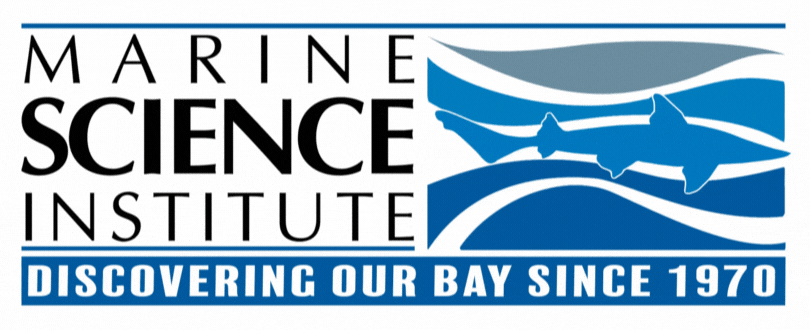Patterns, Cause & Effect, Scale, Proportion, Quantity and more! MSI's Scientific Method Program
- May 30, 2019
- 2 min read
Updated: Jun 11, 2019
When I speak with teachers about their curriculum needs, we frequently discuss the important skills needed to succeed in science. For today's classrooms, it's not just topical science with the new Next Generation Science Standards--now we need to seriously consider skills that are relevant across all scientific disciplines and other subjects. A field trip to the beach, rocky shore, or aboard a research vessel is definitely exciting and engaging, but what important skills are students developing by participating in experiential programming?

Marine Science Institute (MSI) offers multiple exposure programs focused on developing important skills that go beyond engagement, offering real-life, relevant practices. The Scientific Method Combination Program builds students' skills by:
Introducing the phases and organization of investigation
Bringing living animals and artifacts for hands-on practice in procedure in the classroom
Providing real-life, exercise and action in the field collecting data
Conducting an analysis and interpretation of data
Presenting explanations of findings from data
Students utilize these skills in noticing patterns in classification, measuring data by recognizing the value of scale, proportion, and quantity, and are able to decipher causal relationships based on the evidence they collect in the field. With this rich, experiential program, students are not only excited and engaged, but are loaded with skills that will carry over to other scientific disciplines and other content areas such as English Language Arts and Social Studies.

An experience in nature can take students much further than simply a "fun" day outdoors. These experiences ignite learners' curiosity and critical thinking practice, leading to more advanced academic inquiry. The Scientific Method Combination program and other MSI multiple exposure programs give students the opportunity to dive deeper, empowering them with the skills needed to succeed.
By Naomi Deal







The language style is relaxed and https://1v1-lol.cc humorous, making it stress free to read
I was bummed when I initially missed the https://planet-clicker.co event,
Master the art of fluid precision drifting through intuitive taps, where every treacherous hairpin turn becomes instant competition in your browser's seamless racing arena at Drift Boss unblocked, requiring no downloads.
The Escorts Service in Ashram know perfectly well how to make you greedy for more and how to please you! Their joke-loving air, bright figure, and fiery temperament will let you have days full of erotic traveling, craving, and pure hedonism.
One of the best parts of the Geometry Dash game, in the opinion of many, is this. Colorful and geometric in design, the game's animations are clear and sharp, making it easy to read and predict what's going to happen next.